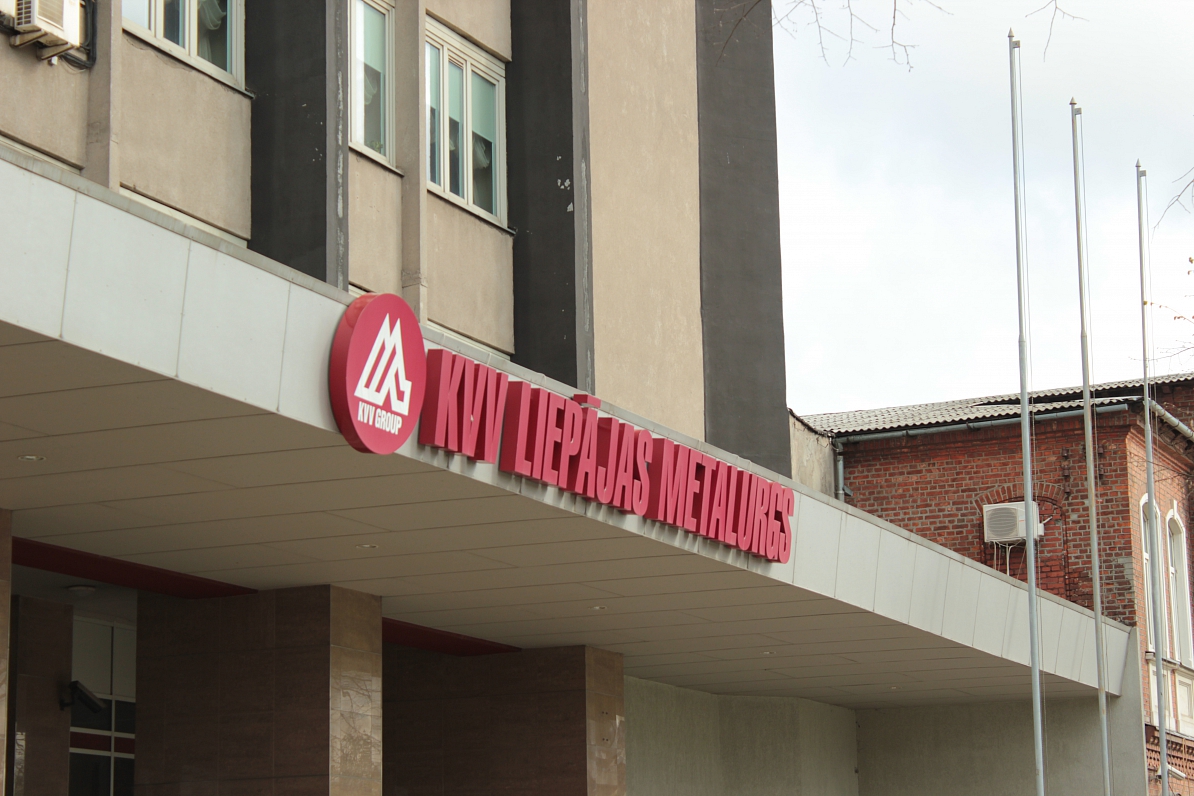"A sufficient number of investors have applied, and talks on the possible investment solution are in the concluding stage," said Aseradens, adding that the deadline for negotiations has been extended to September 15.
"I appreciate what KVV Liepajas Metalurgs insolvency administrator is doing. The government is not the only creditor – there are four other serious creditors. They all have to reach an agreement, also on the new investors. It is not a simple process, but a multimillion deal, so let’s wait," the minister said.
Aseradens said in May that six potential investors had submitted non-binding offers and the government had given the green light to further negotiations. He voiced cautious optimism about chances of re-launching the steelworks, which was a major employer in Latvia's third-largest city.
The Liepaja Court declared KVV Liepajas Metalurgs insolvent on September 16, 2016.
The government in May 2016 rejected the debt restructuring proposals by KVV Group, the Ukrainian owners of KVV Liepajas Metalurgs, saying that the proposals envisaged significant participation of the Latvian state in the metallurgical company without handing over control over the company, tax discounts and other measures that might be interpreted as unlawful state aid.
The government also authorized the Latvian Privatization Agency (LPA) to establish a company, FeLM, to which the State Treasury will assign its claim against KVV Liepajas Metalurgs. The steel plant owes EUR 65 million to the Latvian state.
Liepajas Metalurgs metallurgical plant based in the Liepaja port city in south-western Latvia was first declared insolvent after it failed to repay a state-guaranteed loan to an Italian bank. The government sold the plant to little-known Ukrainian scrap metal dealers KVV Group, in late 2014.
The deal turned out to be another disaster.
Liepajas Metalurgs was renamed KVV Liepajas Metalurgs and officially re-opened on March 6, 2015, but soon started having problems again. The company had difficulties paying its electricity bills and wages to workers. It also missed the deadline for a EUR 2.7 million payment to the Latvian state, an installment for purchase of the steel plant.






























